It’s only natural for us to associate the need for gas detection in the oil and gas, and steel industries, but have you thought about the need to detect hazardous gases such as carbon dioxide and nitrogen in the brewing and beverage industry?
Maybe it’s because nitrogen (N2) and carbon dioxide (CO2) are naturally present in the atmosphere. It could be that CO2 is still under-valued as a hazardous gas. Although in the atmosphere CO2 remains at very low concentrations – around 400 parts per million (ppm), greater care is needed in brewery and cellar environments where in confined spaces, the risk of gas canisters or associated equipment leaking could lead to elevated levels. As little as 0.5% volume (5000ppm) of CO2 is a toxic health hazard. Nitrogen on the other hand, can displace oxygen.
CO2 is colourless, odourless and has a density which is heavier than air, meaning pockets of CO2 gather low on the ground gradually increasing in size. CO2 is generated in huge amounts during fermentation and can pose a risk in confined spaces such as vats, cellars or cylinder storage areas, this can be fatal to workers in the surrounding environment, therefore Health & Safety managers must ensure the correct equipment and detectors are in place.
Brewers often use nitrogen in multiple phases of the brewing and dispensing process to put bubbles into beer, particularly stouts, pale ales and porters, it also ensures the beer doesn’t oxidise or pollute the next batch with harsh flavours. Nitrogen helps push the liquid from one tank to another, as well as offer the potential to be injected into kegs or barrels, pressurising them ready for storage and shipment. This gas is not toxic, but does displace oxygen in the atmosphere, which can be a danger if there is a gas leak which is why accurate gas detection is critical.
Gas detection can be provided in the form of both fixed and portable. Installation of a fixed gas detector can benefit a larger space such as plant rooms to provide continuous area and staff protection 24 hours a day. However, for worker safety in and around cylinder storage area and in spaces designated as a confined space, a portable detector can be more suited. This is especially true for pubs and beverage dispensing outlets for the safety of workers and those who are unfamiliar in the environment such as delivery drivers, sales teams or equipment technicians. The portable unit can easily be clipped to belts or clothing and will detect pockets of CO2 using alarms and visual signals, indicating that the user should immediately vacate the area.
At Crowcon, we’re dedicated in growing a safer, cleaner, healthier future for everyone, every day by providing best in class gas safety solutions. It’s vital that once gas detectors are deployed, employees should not get complacent, and should be making the necessary checks an essential part of each working day as early detection can be the difference between life and death.
Quick facts and tips about gas detection in breweries:
- Nitrogen and CO2 are both colourless and odourless. CO2 being 5 times heavier than air, making it a silent and deadly gas.
- Anyone entering a tank or other confined space must be equipped with a suitable gas detector.
- Early detection can be the difference between life and death.



